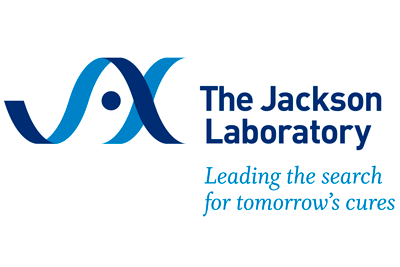Welcome
We are a group of geneticists, neuroscientists, and computer scientists who are passionate about discoveries of novel targets and models for mental illness through innovation at the confluence of computational, genetic, and genomic methods.
The Kumar Laboratory is located at the Jackson Laboratory in Bar Harbor, Maine. We study neural circuits in the brain whose misregulation leads to behavioral abnormalities including addiction, attention deficit hyperactivity disorder, and depression. Using mouse molecular genetics as a foundation, and a combination of computational, biochemistry, physiology, and imaging techniques, we dissect these complex conditions in mammals.
Latest Lab News and Blogs:
No Results Found
The page you requested could not be found. Try refining your search, or use the navigation above to locate the post.
